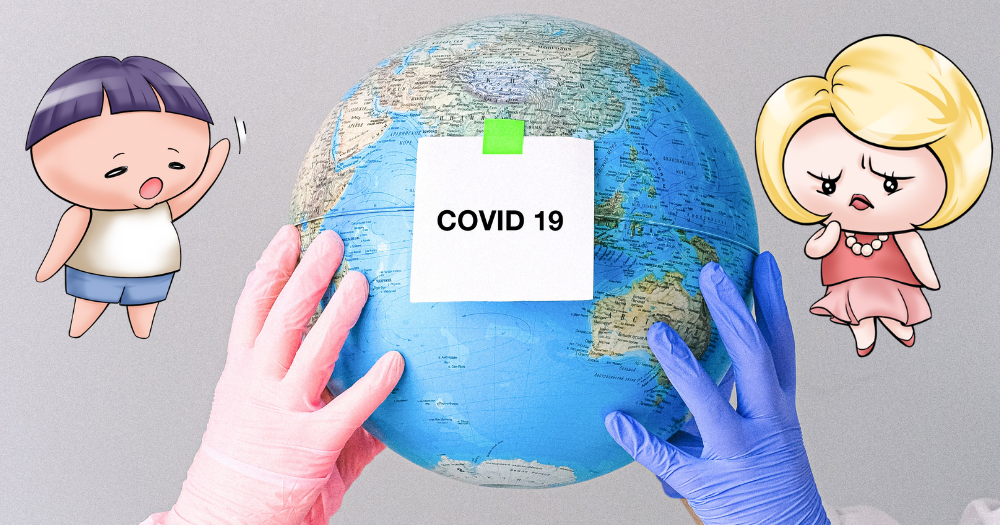It has been nearly two years since Covid-19 hit our shores, and it has been a wild ride ever since.
We went from a Circuit Breaker, to phases one to three of Safe Reopening, then to a period of Heightened Alert, and now we are returning to the transition phase of living with Covid-19 as an endemic disease.
While Covid-19 is a public health crisis that has greatly impacted our daily lives, experts pointed out that the pandemic has also brought about an "infodemic".
According to the World Health Organisation, an infodemic is an excessive amount of information about a problem which makes it difficult to identify a solution.
Hearing only what we want to hear
As consumers of news, we sometimes feel overwhelmed with the sheer volume of information shared with us.
As a result, we become selective of what we want to know, especially the information which personally affects us the most.
For instance, someone who doesn't have children might not take note of the Covid-19 protocols in schools. Perhaps they might only be interested in other measures, such as whether they can gather in groups larger than two. Others might be more interested in the protocols that kick in if one tests positive for Covid-19.
On the other hand, the elderly are more interested in whether they can congregate and celebrate major holidays with family and friends. Others just want to get out of this small island.
It's really about what impacts them more.
The government's feedback channel, REACH, has noted these characteristics and introduced comic strip characters who represent some interesting archetypes of Singaporeans who have provided their views to REACH.
First up is Apathetic Andy.

As the name suggests, Andy is a bo-chup, average Singaporean who does not care about policies that do not affect him personally.
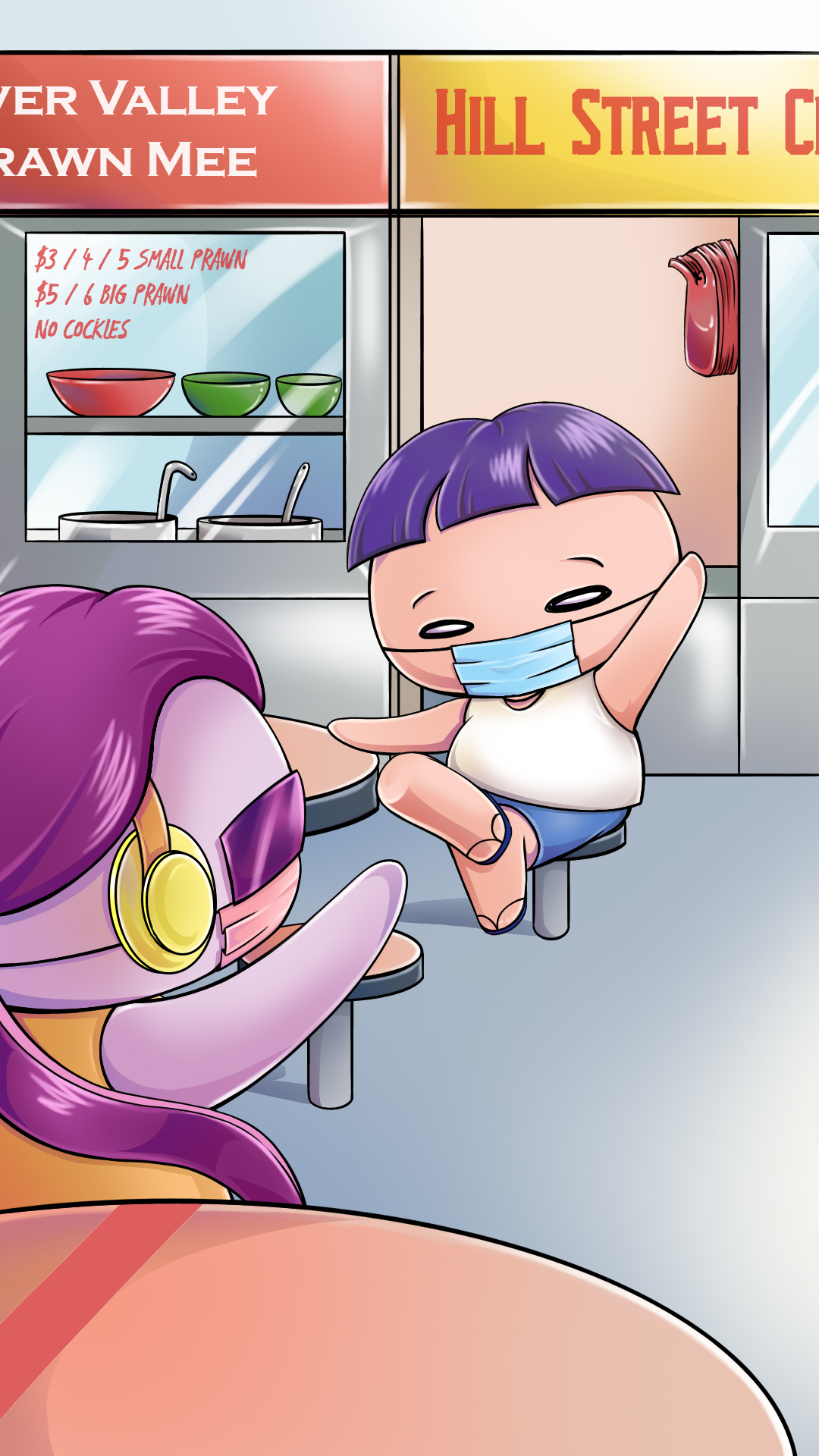
Because they do not read up on the details of policies nor understand the broader intent, they may lap up messages that they see on grapevines and circulate them to others as truths.
Skeptical and questioning decisions
When faced with large volumes of information, people can also become doubtful.
The more they read, the more they question the government's regulations and policies.
And that is embodied by another comic character, Skeptical Susan.

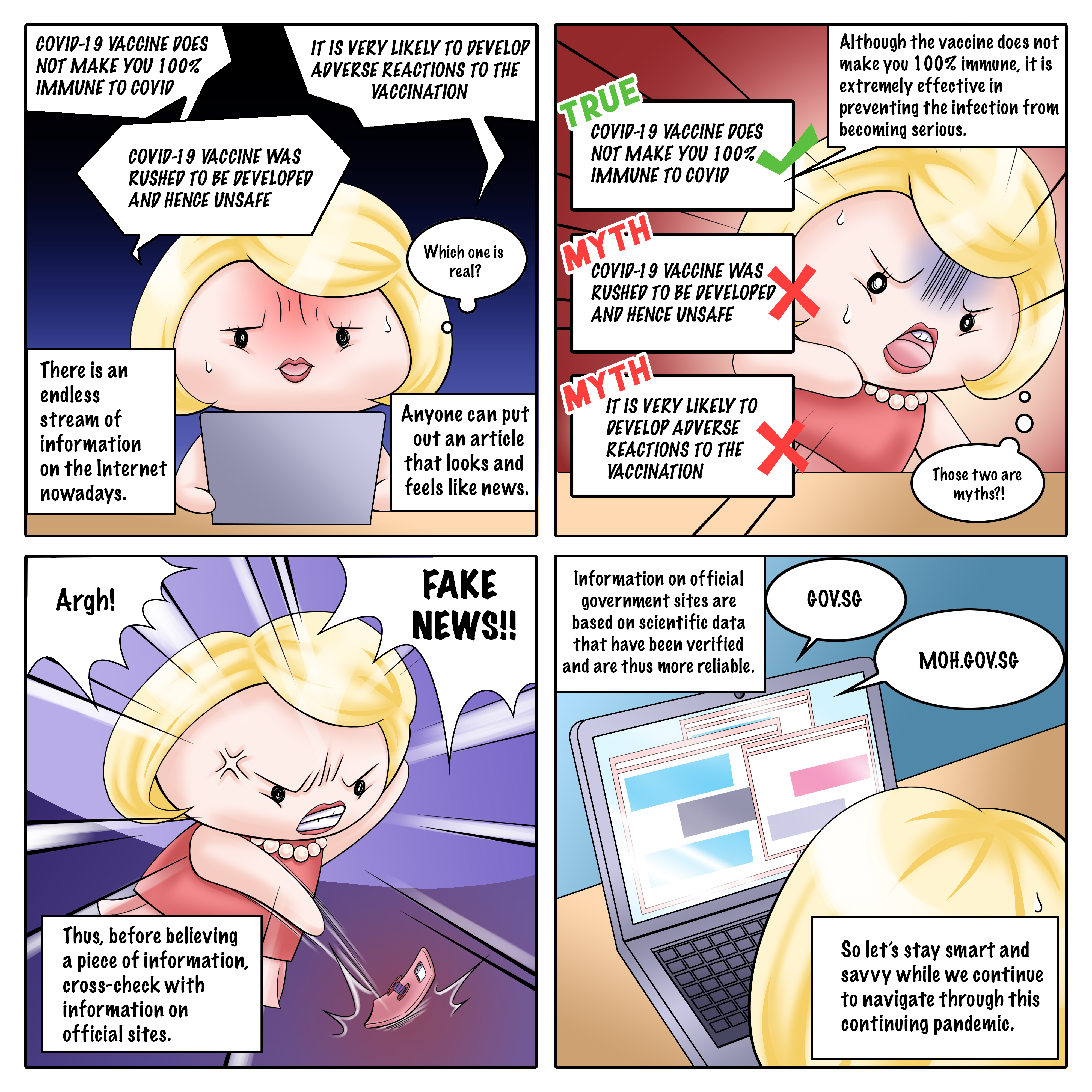
Just like any other well-connected Singaporean, Skeptical Susan is faced with a ton of information, which makes it unclear which ones are genuine.
But it is important for Susan (and all of us) to realise that any decision that the government has made relating to Covid-19 is based on science and what we know of the virus.
The government also has to consider the cost of opening up.
We see that in many European cities that have to bear the cost of very high death rates when they open up despite the low vaccination rate.
Even with the calls to open up quickly, Singaporeans are not mentally prepared to see more deaths taking place.
This is like taking a roller coaster ride – Singapore is more "kiasu" – we only open up when we make sure most of us are decked with helmets and safety belts – vaccination.
Fact check your news source
While we may come across a confusing mish-mash of claims, it's important to always cross-check with trusted websites and sources of information to find out what is accurate.
Just like Inquisitive Ivan, who is always curious, tech savvy and happy to help his apathetic and skeptical friends to verify facts.

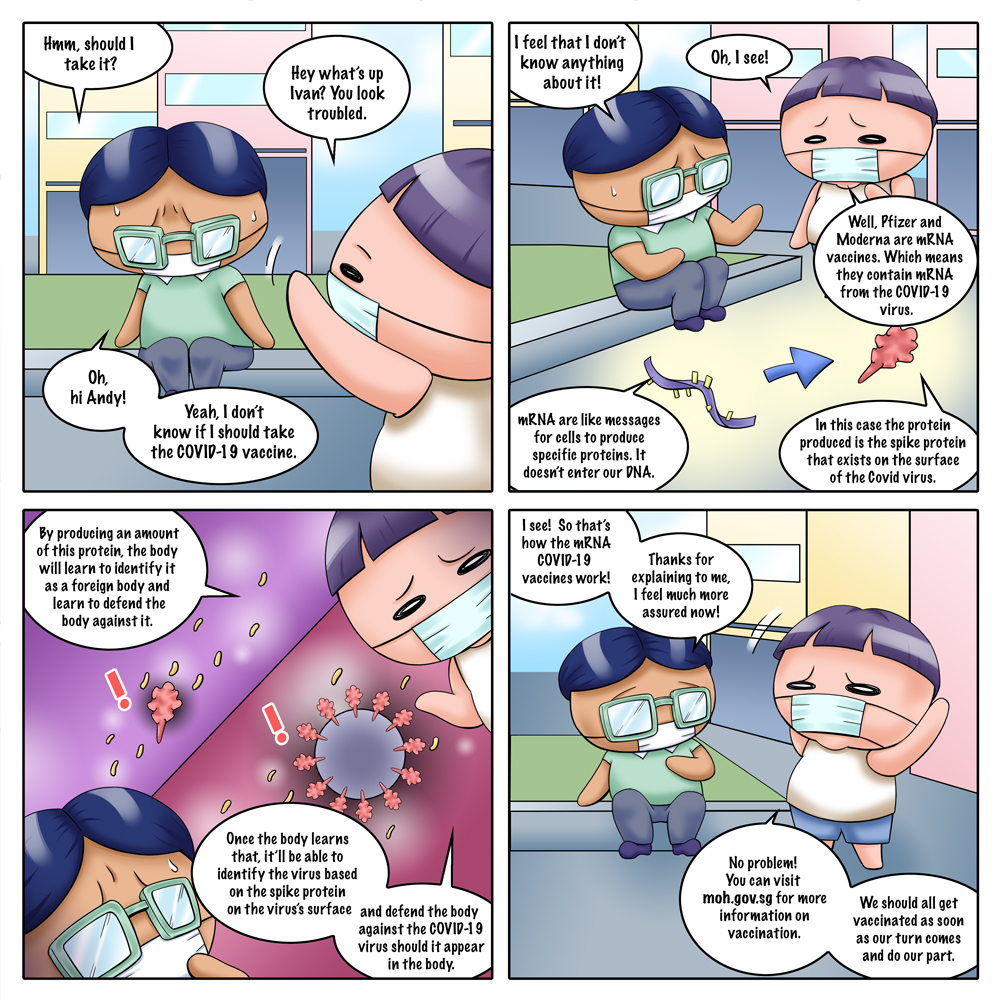
Inquisitive Ivan reflects the responsibility that every Singaporean should have.
When they receive news from doubtful sources, or news that might contradict the official narrative, just like Inquisitive Ivan, they should fact check its accuracy.
This is to ensure that any fake news or misinformation does not circulate among those who are especially susceptible.
If the medically vulnerable believe in such misinformation on the vaccines, and end up not going for their Covid-19 vaccine jab, they would be putting themselves and their community at risk should they catch the virus.
Studies have shown that unvaccinated Covid-19 patients are at several more times' risk of needing ICU care, as compared to those who are vaccinated.
The responsibility is then for the Inquisitive Ivans out there to dispel misinformation and share verified news with their loved ones.
Feedback channels always open
Even as the government sets out restrictions in the best interests of society as a whole, we may sometimes feel that they are not listening to us, especially the difficulties that we face every day.
We may also feel that the communication approach is top-down and we end up feeling a little disconnected from the policymaking process.
While that's normal, the Government genuinely tries to obtain feedback from the public on issues and policies.
That's the job of Rachel Reach.
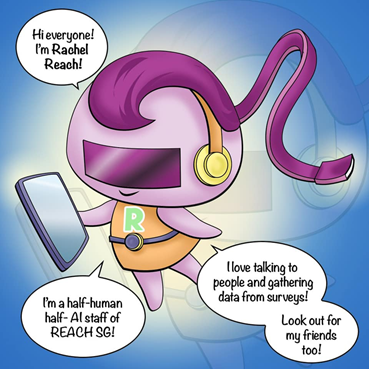
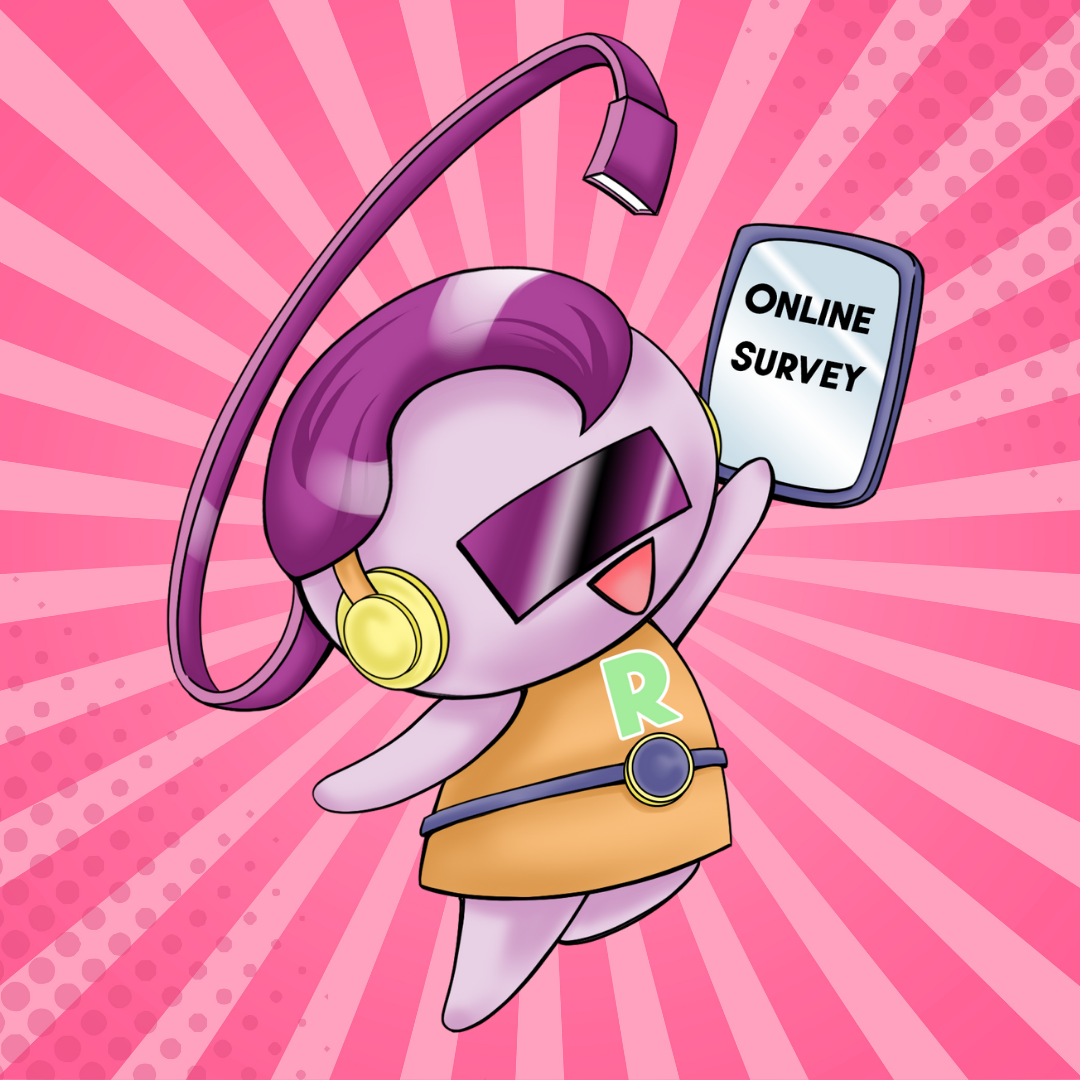
Rachel is a half-human, half-artificial intelligence staff of REACH who loves talking to people and gathering survey data from the public.
Rachel has been gathering feedback through Listening Points surveys for members of public to share their concerns.
As of November, more than 60,000 feedback has been received by REACH this year through their various Listening Points, dialogues, WhatsApp chats and email.
REACH shares all the comments and suggestions from citizens with the various Government agencies.
These characters may be fictional, but they are apt reminders that one person alone may not be able to see the big picture if they insist on one point of view.
This is why your feedback is important.
If you feel frustrated or get the sense that you're not being heard, these comic characters will help remind you that Every Voice Matters!
Skeptical Susan, Rachel Reach, Inquisitive Ivan and Apathetic Andy can be found on REACH's Instagram and Facebook page as well as website.
This sponsored article by REACH Singapore made this writer reflect on whether he is Apathetic Andy, Inquisitive Ivan or Skeptical Susan.
Top image via Photo by Anna Shvets from Pexels and REACH Singapore
If you like what you read, follow us on Facebook, Instagram, Twitter and Telegram to get the latest updates.
